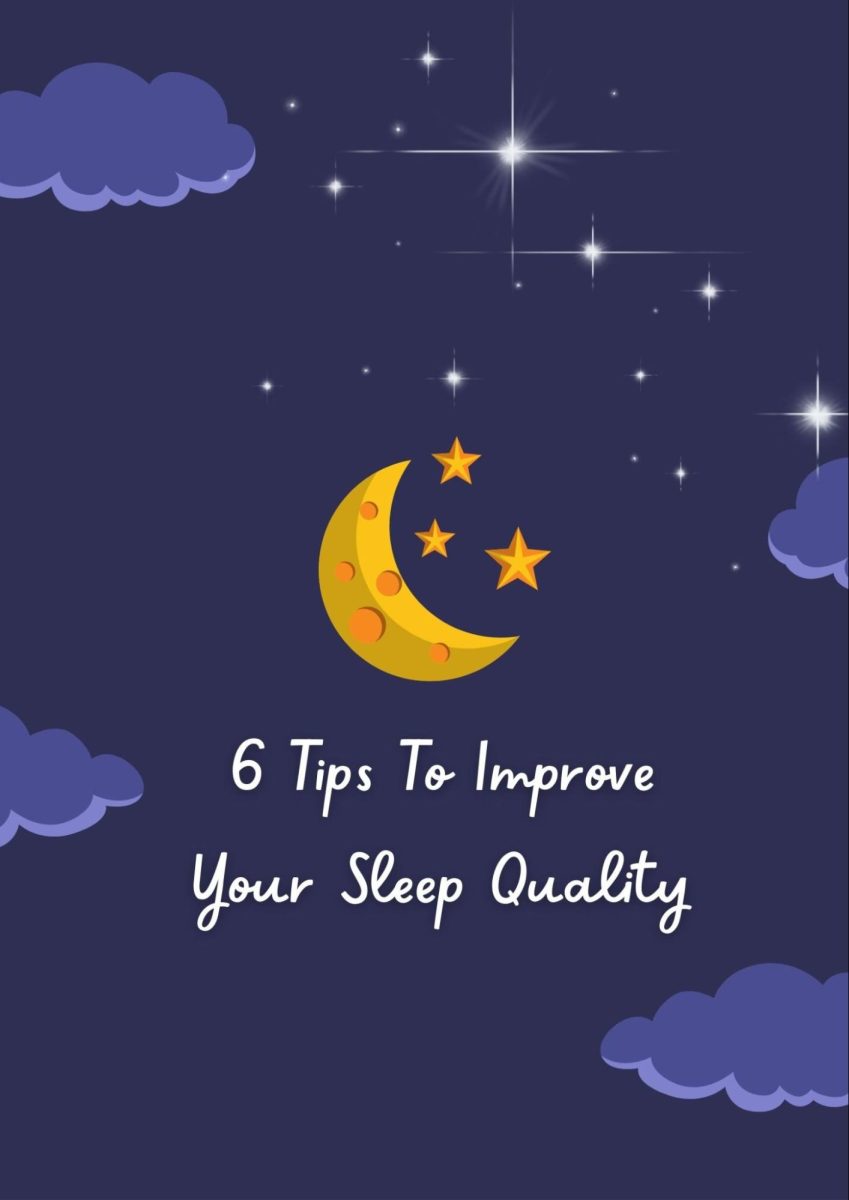From 8-hour school days, to homework, to afterschool activities and sports, to finding time to spend with your family, there never seems to be nearly enough time to sleep for most high schoolers. Sleep seems to be the one thing students sacrifice when running out of time when in reality it should be the number one thing to prioritize to accomplish any task.
I have found it particularly hard to pay attention in classes when I don’t get enough sleep the night before. Even an hour or so less sleep heavily impacts my attention span and my ability to grasp concepts and retain knowledge.
Also, I have found myself having a hard time staying asleep during the night due to disrupting dreams as well as overthinking which keeps my brain more awake than I normally would be.
In hopes of bettering student sleep quality, my psychology class recently was tasked with experimenting with tips and tricks proven to help one stay asleep for longer and wind down earlier to help one relax before bed.
Create a Soothing Pre-Sleep Routine:
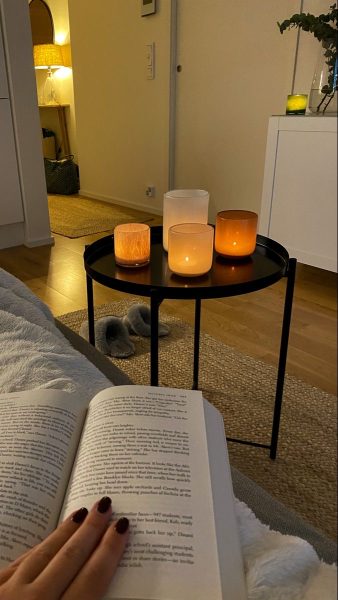
I have been implementing this tip recently into my daily nighttime routine, by occasionally taking baths and completing my skincare. Having this transition to easing yourself into bed creates a more peaceful and soothing environment. Additionally, reading a book or a magazine promotes drowsiness along with journaling before bedtime. Journaling allows an easy way for you to escape your thoughts and inner thinking, preventing overthinking.
Create a Sleep-Inducing Environment:
Turning your lights off earlier than you normally would is a good start to winding down and allowing your eyes to adjust to the darkness of the room. Using blackout curtains to prevent light from getting in is a good option as well as using an eye mask to block out light at nighttime too. I have found this tip especially useful because I occasionally use an eye mask which practically forces me to sleep right away.
Use Light to Wake Up:
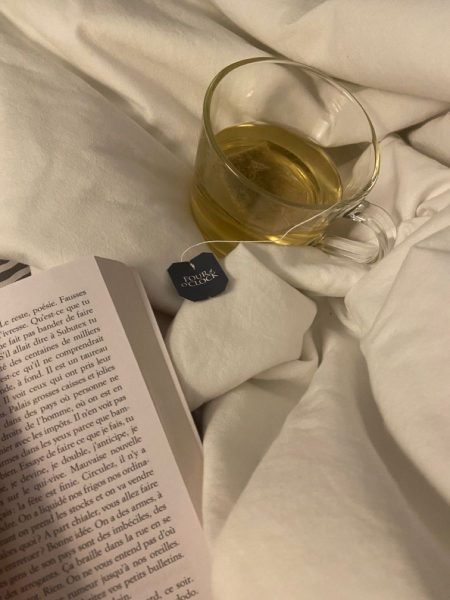
This tip can elevate your sleep schedule easily, especially making it easier for you to get up and get ready in the morning. Instead of staying in your bed ten minutes after waking up, try to get up right away and open the blinds or turn on the lights. As hard as it may seem to adjust to the brightness of the room, it ultimately helps you wake up easier creating a healthy sleep-wake schedule.
Lighten Up on Evening Meals:
This tip is often a harder one for teenagers to accomplish since it’s super tempting to go on an ice cream run or come upstairs for a late-night snack to soothe a craving. However, research shows that holding off on heavy foods before bedtime allows for proper digestion and helps people fall asleep faster when their stomach isn’t overwhelmingly full. I have started to limit heavy eating around 9-10pm and I’ve already seen some significant progress in how I’m feeling while going to sleep.
Limit Daytime Naps:
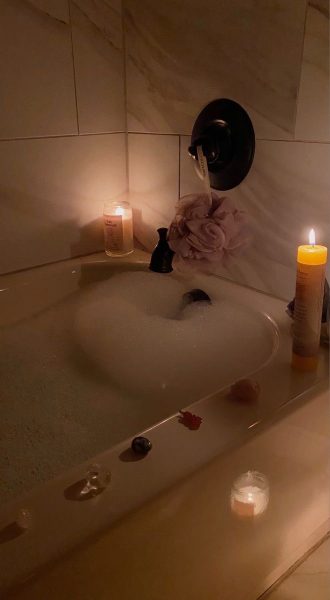
This is a harder tip to accomplish as many teens rely on short naps during the day. These naps are not only something they look forward to but also something that rejuvenates them to feel energized during the day. Personally, I know quite a few people who go home during their study halls just to take naps. Often, they end up sleeping longer than intended and wake up even sleepier than they were before. The recommended amount of time to nap is about 20 minutes – any longer you feel almost overtired, while if you nap for any less than that you won’t get an energy boost.
Put Phone Down Earlier:
Putting your phone down earlier is one of the best things you can do to completely change your quality of sleep. The blue light radiated off screens stimulates your mind right before you go to bed. Also, all the light you are interacting with when you use a screen slows down the body’s natural process of creating melatonin. Therefore, staying on your phone up until the very last minute before you fall asleep is bound to make you toss and turn. Additionally, screens disrupt the traditional circadian rhythm that people work to achieve to feel awake during the day and sleepy at night.
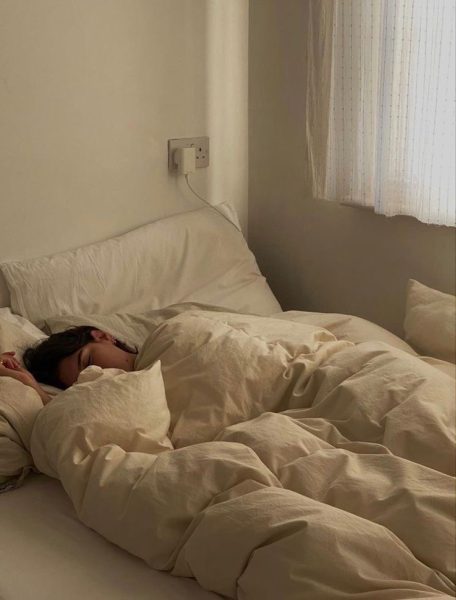
I hope that some of these tips will find you well when trying to improve your sleep quality, as they have most definitely helped me.

